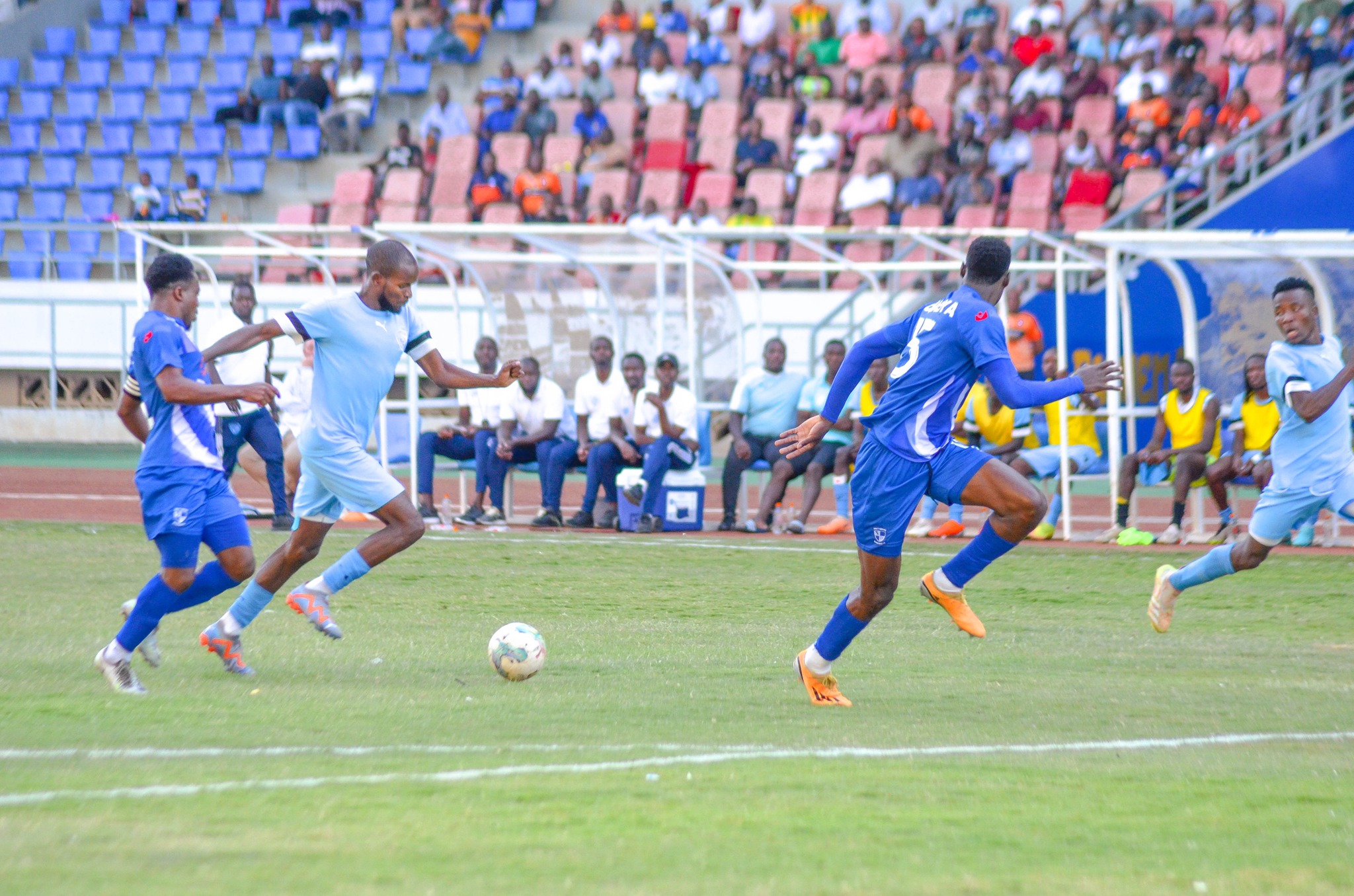Judiciary under probe
M
alawi Law Society (MLS) says it will set up its own special team to investigate corruption allegations and other injustices within the Judiciary.
In an interview yesterday, MLS president Patrick Mpaka said following the allegations, which he described as a matter of serious concern, the lawyers’ body has resolved to directly engage Chief Justice Rizine Mzikamanda, who is chairperson of the Judicial Service Commission (JSC).
The MLS president said the society wrote Mzikamanda on the matter, on August 5 2022.
Mpaka said: “The society resolved to set up its own special team to inquire into the matter concerning corruption allegations at the court registry and injustices in general. Information is key.”

Our efforts to speak to Mzikamanda yesterday, however, proved futile as he did not pick up our calls on numerous attempts.
The move by MLS to probe the Judiciary follows a debacle that has arisen on a judgement delivered in a case between Masters Borehole Drilling Limited and Geleson Mkweza and Gam Fuels Limited.
The judgement attracted the attention of legislators who, in Parliament on Friday, moved a motion on the protection of personal property for the august House to debate.
Meanwhile, the Magistrate’s and Judges Association of Malawi (Majam) has called on the Anti-Corruption Bureau (ACB) to move with speed in its investigations affecting judicial officers.
In a statement issued yesterday, signed by Majam president Howard Pemba and secretary general Peter Kandulu, the association states that judicial officers found on the wrong side of the law must be held accountable to ensure integrity.
Reads part of the statement: “Section 118 [b] of the Constitution empowers the Judicial Service Commission to exercise any disciplinary powers in relation to persons in judicial office.
“The honourable members of Parliament [MPs] and the general public should, therefore, be informed that they can report to the Judicial Service Commission any reasonable suspicions of corruption or any irregularities or misconduct done by judicial officers.”
Writing on his Facebook page, University of Malawi’s law professor Garton Kamchedzera said there is need for proper intra-checks and balances to ensure that judges and the entire judicial system can command public confidence.
He wrote: “The noises in Parliament would have been unnecessary if Malawi’s Judicial Service Commission was proactive and justice not just status-based. Alas, the Judiciary is rotting, instead of helping the country not to rot further.
“The Judicial Service Commission and the larger part of the Judiciary reflect a Malawi infested with maggots of personal desire, injustice, and predation instead of mirroring truth and justice.”
On his part, University of Cape Town professor of law Danwood Chirwa attributed this fall to the failures of the JSC.
He said: “Many in the legal profession know that the JSC is a sham and an embarrassment to everyone who holds the rule of law and justice dear. The JSC has operated like a secret club, has distinguished itself by inaction and evaded accountability for 26 years.”
Chirwa added that the statement by Majam claiming that matters of professional conduct of judges must not be debated in Parliament is laughable, arguing Parliament is the only institution that can hold the JSC accountable.
The controversial judgment sparked interest from legislators and the public who have questioned the integrity of judges in delivering judgements.
Most quarters have accused the Judiciary of being corrupt which affects the delivery of judgements and other legal services, especially the poor.





